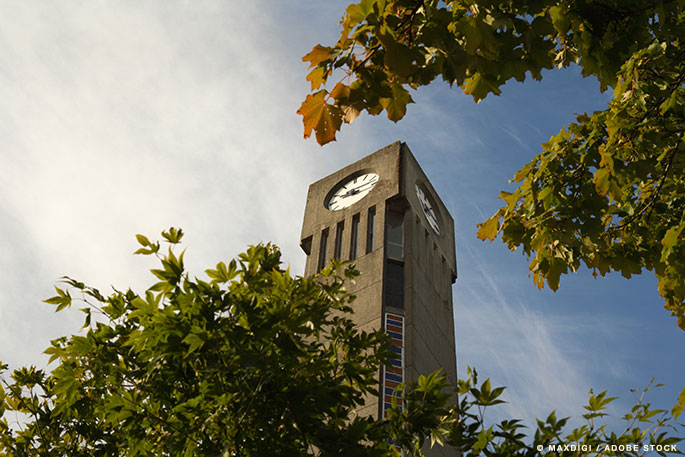
The nature of university environments can leave a large carbon footprint if the appropriate action isn’t taken. As climate change becomes more top of mind, these institutions are rethinking operations and investing in sustainability projects across campuses.
The good news is that there are small things that can be done that make a big difference and can dramatically improve the drain that universities have on the environment.
Many universities are now highlighting how they are becoming engaged in building a cleaner future. Here are a few small things that universities can do to help level-up their green efforts:
Promote recycling and composting programs
A great starting point to achieving a greener university campus is through better recycling programs. Develop a solid on-campus recycling program and then create clever campaigns that speak to students about it. This endeavor can make a big difference in your university’s footprint. Educate your students and provide them with the resources to make an impact. These recycling programs will reduce waste in landfills.
Alongside recycling, universities should also be composting all organics. The amount of food waste on campuses is significant. Placing indoor recycling bins with compost streams strategically around campus, especially in buildings with cafeterias and cafes, will make them convenient and encourage people to use them. Another motivator to incorporate composting on your campus is that it can reduce waste removal costs.
However, according to the University of British Columbia (UBC), compost contamination can be a big challenge—wooden chopsticks, plastic cutlery, metal utensils, and more. Convincing students to contribute by bringing in their cutlery and food containers can help composting initiatives.
Create sustainable food systems
The second way to make a significant dent in the university footprint is to participate in more sustainable food initiatives. At a high level, this could mean offering more ethically and locally sourced food options on campus. Additionally, offering more vegetarian and vegan options can be helpful because people with these diets have a lower carbon footprint. Meat can still be on the menu, however when food outlets at universities do offer meat, the meat should be labeled as wild, grass-fed, SPCA certified, and free-range or organic.
UBC, for example, has developed a sustainable food guide to help raise awareness and facilitate participation in sustainable food initiatives. Their food system comprises of things like:
- Buy according to the seasons: by buying your food according to what’s ripe that season you’re eating food that takes less energy to grow.
- Buy local: buying food sourced locally helps to support the local community and economy.
- Buy fair trade: ensure farmers abroad are receiving fair pay and are meeting environmental standards by paying food that is fair trade.
- Use a reusable container: when opting for green food options, don’t use plastic, Styrofoam containers to store them. These materials end up in landfills and take energy to produce and dispose of.
Your university can even go one step further and start a campus community garden. Students can grow organic produce and educate campus and community members about food sustainability initiatives.
Green campus transportation
Transportation is a huge factor when it comes to conversations surrounding the environment. Students need to find ways to commute to their campus or get around while they’re on it. University campuses should plan the layout of their campuses around different modes of transportation, for example, including well-lit streets, so students feel safe walking on campus at night, encouraging more of them to walk.
In the long-term, universities should work towards making the core of their campuses a car-free zone. However, in the short-term, carpooling programs and car-sharing programs are an alternative for students who are eager to drive.
A great way to reduce emissions created by vehicles is by offering a Bike Share Program. Also, have bike repair stations and co-ops around campus, so that your students have the resources they need to use their bike to get around. Many students are worried about getting sweaty after a long bike ride, so offering showers at sport service buildings or cyclists’ access to the gym will be helpful.
The University of Waterloo acknowledges that 50% of greenhouse gas emissions in Waterloo are a result of transportation. Therefore by 2025, the University of Waterloo is committed to increasing the proportion of sustainable commuting trips around their campus. Currently, the university offers carpooling programs, bike-share programs, free public transit passes, car sharing, and will be increasing electric vehicle support.
Green initiatives like promoting recycling and composting programs, creating sustainable food systems, and green campus transportation are small changes that can make a big difference in helping universities shrink their environmental footprint.







































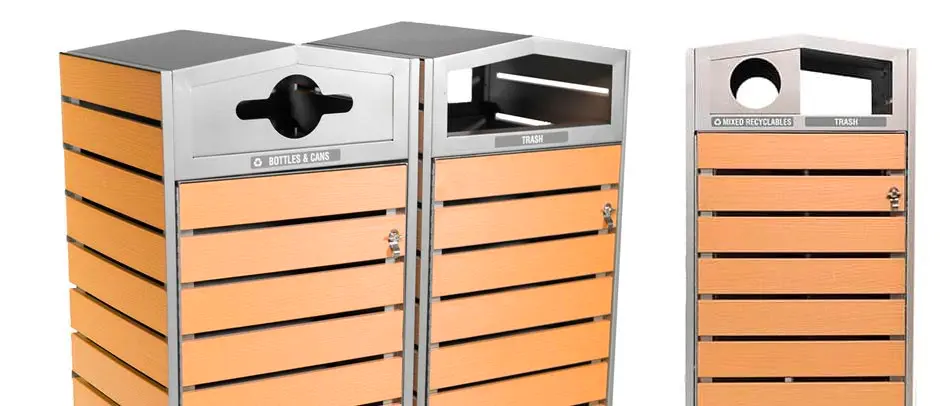













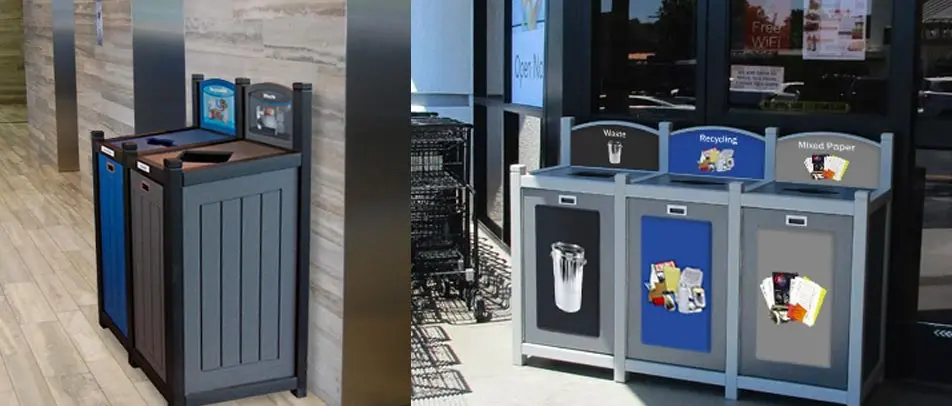










































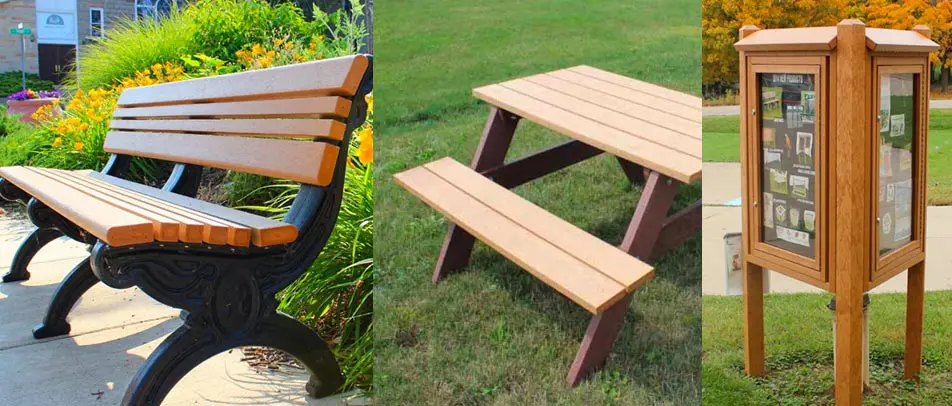





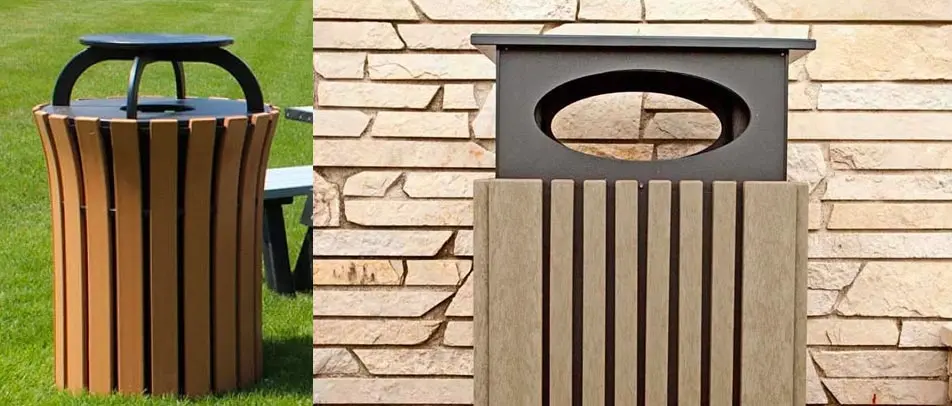





























 Three Ways to Engage Teams and Clients to Maximize Your Recycling Program Engagement
Three Ways to Engage Teams and Clients to Maximize Your Recycling Program Engagement  How to Integrate Accessibility Into Your Sustainability Planning
How to Integrate Accessibility Into Your Sustainability Planning  Why Park Benches Can Promote Workplace Well-Being
Why Park Benches Can Promote Workplace Well-Being 
